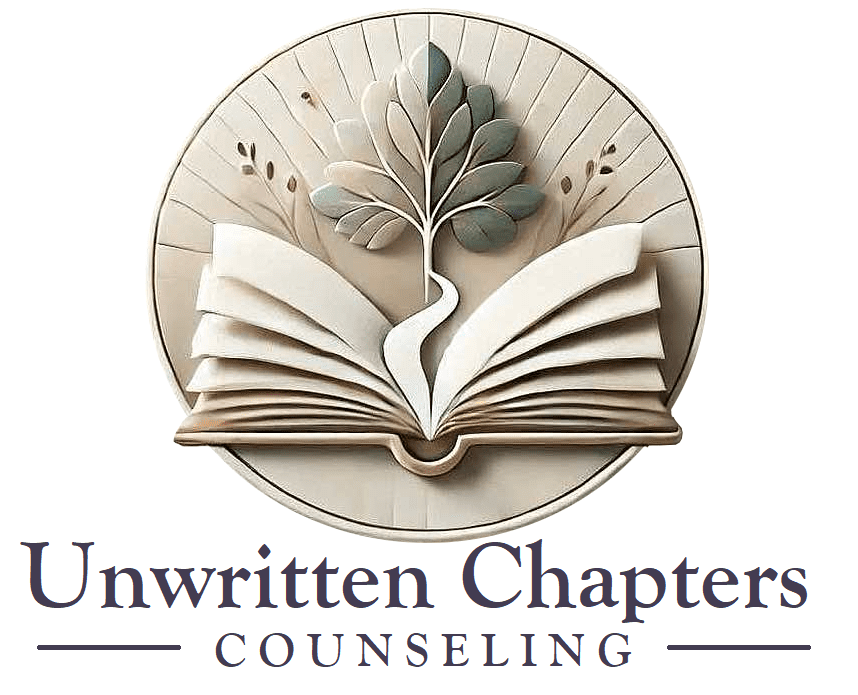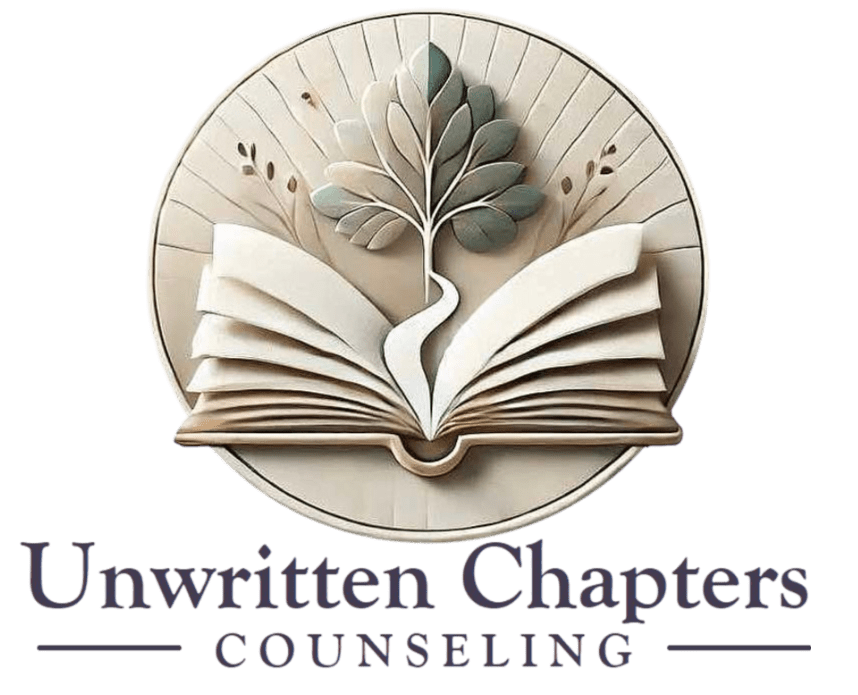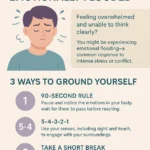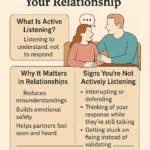Introduction
Relationships often carry the weight of the past, affecting how we communicate, trust, and connect with one another. Understanding why we tend to revisit old issues and how to break free from this cycle can be pivotal in fostering healthier, more fulfilling connections. This article explores the nature of relationships, the reasons we hold onto the past, and effective strategies for moving forward, allowing us to embrace growth and emotional intimacy.
The Nature of Relationships
Relationships are complex, multifaceted bonds formed between individuals based on emotional, social, and sometimes physical connections. They play a vital role in our lives, providing support, companionship, and love. However, relationships are also susceptible to conflicts arising from misunderstandings, differing expectations, and, importantly, unresolved issues from the past.
When partners experience conflict, they often bring up previous grievances, creating a cycle that can lead to frustration and resentment. Understanding this dynamic is crucial for fostering more meaningful and lasting connections. By recognizing the patterns that emerge from past experiences, individuals can begin to approach their relationships with greater awareness and intentionality.
Understanding the Impact of the Past
The past can significantly influence present interactions. Memories of previous conflicts, traumas, or disappointments can shape how individuals respond to their partner’s actions and words. This influence may manifest as a heightened sensitivity to certain triggers, leading to reactions that may seem disproportionate to the current situation. The emotional baggage we carry can prevent us from fully engaging with our partners and enjoying the present moment.
Moreover, unresolved issues can create a sense of distrust or insecurity within a relationship. When one partner continuously brings up past mistakes or grievances, it can lead to feelings of inadequacy in the other, resulting in a defensive stance rather than open communication. This dynamic underscores the importance of addressing past issues constructively and moving toward healing and resolution.
Why the Past Keeps Resurfacing
Unresolved Hurt and Guilt
Unresolved emotional pain can linger long after the initial incident. When individuals do not take the time to process their feelings or discuss their concerns openly, hurt can accumulate. Instead of addressing these feelings, partners might resort to bringing them up during conflicts, creating a cycle of rehashing old wounds, which can lead to deeper emotional scars.
Additionally, feelings of guilt can play a significant role in why past issues resurface. Someone who feels responsible for past mistakes may seek to atone or defend themselves by revisiting these topics during disagreements. This behavior frequently stems from an inability to forgive oneself or the partner, perpetuating a cycle of blame rather than resolution.
Fear of Vulnerability
Vulnerability is a crucial aspect of any intimate relationship, yet it can be intimidating. Many individuals fear that exposing their emotions or acknowledging their past mistakes might lead to rejection or ridicule. To protect themselves, they may resort to defensive mechanisms, such as bringing up past grievances as a means of avoiding deeper emotional discussions. This fear can prevent partners from experiencing the closeness that vulnerability can offer.
This apprehension can also lead to a lack of transparency in the relationship, with partners feeling they cannot be entirely honest about their feelings. When communication becomes stunted, it creates an environment where the past remains an ever-present influence, making it difficult for individuals to move forward together.
Communication Patterns
The way partners communicate can significantly impact how past issues are approached. For instance, if a couple often engages in blame-oriented discussions, it’s likely that past grievances will resurface during conflicts. Ineffective communication styles can lead to misunderstandings and hostility, where partners might feel compelled to defend themselves rather than engage in productive dialogue.
In relationships where communication patterns are established, it becomes crucial to recognize these cycles. Breaking the habit of reverting to past grievances requires intentional efforts to shift towards more constructive communication, focusing on problem-solving rather than blame. This change can help partners feel heard and understood, paving the way for healing and growth.
Emotional Triggers
Emotional triggers are often tied to past experiences that evoke strong reactions in the present moment. For example, a seemingly harmless comment from a partner might remind someone of a previous conflict or betrayal, prompting an emotional response that may not align with the current situation. These reactions can derail conversations and lead to the resurfacing of old issues.
Understanding one’s emotional triggers is essential for personal growth and healthier relationships. By recognizing what specifically evokes strong emotions, individuals can communicate their needs and fears more effectively, allowing their partner to offer support and understanding. Addressing triggers proactively can significantly reduce the likelihood of past grievances resurfacing in current discussions.
The Cycle of Rehashing Old Wounds
Identifying Patterns in Discussions
One of the first steps in breaking the cycle of rehashing old wounds is to identify patterns in discussions. By paying attention to recurring themes in arguments, partners can gain insights into what issues remain unresolved and why they keep reappearing. Tracking these discussions can also help illuminate the emotional undercurrents driving the conflicts.
For instance, if a couple frequently argues about trust, it may indicate underlying insecurities or previous betrayals that have not been adequately addressed. By recognizing these patterns, partners can prioritize open discussions about their feelings and work toward resolution rather than dwelling on the past.
The Role of Emotions in Conflict
Emotions play a crucial role in how conflicts are navigated within relationships. When feelings run high, individuals may rely on past experiences to justify their reactions, often leading to an escalation of the conflict. Recognizing how emotions contribute to discussions can help partners approach these situations with greater empathy and understanding.
To manage emotions effectively, individuals should practice self-regulation techniques, such as breathing exercises or taking breaks during heated discussions. By approaching conflicts with a calm mindset, partners can create a more conducive environment for constructive dialogue, allowing them to address current issues without dragging in the past.
How Resentment Builds Over Time
Resentment can accumulate when past grievances are left unaddressed, creating a breeding ground for conflict. Each unresolved issue adds another layer of emotional distance between partners, which can manifest in passive-aggressive behaviors or outright hostility. Over time, this resentment can overshadow positive experiences in the relationship, leading to a toxic dynamic.
To combat resentment, it is essential for partners to engage in regular check-ins where they can openly discuss any lingering feelings or concerns. By addressing these issues promptly, couples can prevent resentment from building and maintain a healthier emotional connection.
Strategies to Move Forward
Open and Honest Communication
Open communication is the cornerstone of any healthy relationship. Partners must create an environment where both feel safe expressing their feelings and concerns without fear of judgment. This involves being vulnerable, sharing thoughts, and addressing difficult topics head-on rather than avoiding them.
To foster open communication, couples can set aside regular times to discuss their relationship. This approach can help ensure that both partners are heard and that any grievances are addressed before they escalate. Practicing active listening—where one partner listens without interruption and reflects back what they heard—can also enhance understanding and connection.
Practicing Forgiveness
Forgiveness is a vital aspect of moving forward in a relationship. Holding onto past grievances can be emotionally draining for both partners and can prevent growth. Practicing forgiveness doesn’t mean forgetting; it means letting go of the emotional hold that past events have on the present. This process requires introspection and a willingness to understand one another’s perspectives.
To cultivate forgiveness, partners can engage in discussions where they acknowledge past hurts and express their feelings openly. Practicing empathy—putting oneself in the other’s shoes—can also facilitate forgiveness, allowing individuals to see the broader context of their partner’s actions. This process can lead to mutual understanding and stronger emotional bonds.
Setting Boundaries Around the Past
Establishing boundaries concerning past issues can help create a more supportive environment for growth. Partners should agree to avoid bringing up past conflicts during new disagreements unless they are relevant to the current discussion. This boundary can help prevent old wounds from being reopened and foster a more forward-looking mindset.
Additionally, partners may benefit from discussing what topics are off-limits during disagreements. This approach can help create a safe space for discussions, where both individuals can focus on resolving current issues rather than getting bogged down by past grievances.
Focusing on the Present
Focusing on the present moment is crucial for breaking free from the cycle of rehashing the past. Partners should practice mindfulness, being aware of their thoughts and feelings without judgment. This awareness allows individuals to acknowledge when they are slipping into old patterns and consciously redirect their focus toward the present.
Engaging in activities that promote connection, such as shared hobbies or quality time together, can also help partners stay grounded in the present. By building positive experiences together, couples can reinforce their bond and create a shared history that outweighs past grievances.
Building a Healthier Relationship
Creating a Safe Space for Conversations
Creating a safe space for conversations is essential for healthy communication. Partners should strive to foster an environment where both individuals feel comfortable sharing their thoughts and emotions. This can involve setting ground rules for discussions, such as no interruptions and maintaining a respectful tone.
A safe space can also extend to physical settings. Choosing neutral locations for discussions or engaging in activities that promote relaxation, like walking or enjoying a meal together, can help facilitate open communication and reduce tension. By prioritizing emotional safety, couples can engage in more productive conversations that focus on growth rather than blame.
Establishing Shared Goals
Establishing shared goals can help couples focus on their future rather than dwelling on the past. Partners should discuss their individual desires for the relationship and collaborate to create common objectives. These goals can encompass areas such as emotional intimacy, communication, and personal growth, providing a roadmap for both individuals to work toward together.
Setting shared goals fosters cooperation and teamwork, reinforcing the idea that both partners are invested in the relationship’s success. This collaborative approach can help strengthen the emotional bond between partners and create a sense of unity that counters the pull of past grievances.
Investing in Emotional Intimacy
Emotional intimacy is a critical component of a healthy relationship. Couples should prioritize spending quality time together, engaging in deep conversations, and sharing their thoughts and feelings. Developing emotional intimacy requires vulnerability and the willingness to be open about one’s desires and fears.
Practicing gratitude and appreciation for one another can also enhance emotional intimacy. Simple gestures like expressing thanks for daily contributions or acknowledging each other’s efforts can help partners feel valued and connected, creating a stronger foundation that mitigates the need to revisit past conflicts.
Conclusion
Embracing Growth Together
Breaking the cycle of rehashing past grievances takes time, effort, and commitment from both partners. By understanding the underlying reasons why past issues tend to resurface and implementing effective communication strategies, couples can foster a more supportive environment for growth. Embracing vulnerability, practicing forgiveness, and focusing on the present can lead to deeper connections and healthier relationships.
Ultimately, moving forward is about choosing to prioritize the relationship as a whole rather than allowing past grievances to dictate the present. By fostering open communication, emotional intimacy, and shared goals, couples can build a strong foundation that allows them to embrace the future together, leaving the weight of the past behind.
FAQs
Why do couples keep discussing past issues?
Couples often revisit past issues due to unresolved emotions, such as hurt and guilt, which can lead to fear of vulnerability and ineffective communication patterns. These unresolved feelings can resurface during conflicts, making it difficult to focus on current issues.
How can partners communicate more effectively about past grievances?
Partners can communicate more effectively by practicing active listening, creating a safe environment for discussions, and establishing boundaries around past grievances. Engaging in open, honest conversations without blame or judgment can help clear the air and facilitate understanding.
What role does forgiveness play in moving forward?
Forgiveness is crucial for healing and moving forward in a relationship. Letting go of past grievances allows partners to release emotional burdens and fosters a more positive and supportive connection. Practicing empathy and understanding can aid in the forgiveness process.
How can couples create emotional intimacy?
Couples can create emotional intimacy by spending quality time together, engaging in deep and meaningful conversations, and practicing gratitude and appreciation. Vulnerability and open communication are essential for building deeper connections.
Is it normal to revisit past issues in a relationship?
While it is normal for couples to occasionally revisit past issues, it becomes problematic when it occurs repeatedly without resolution. Addressing these concerns openly and focusing on constructive communication can help couples move past old grievances.




